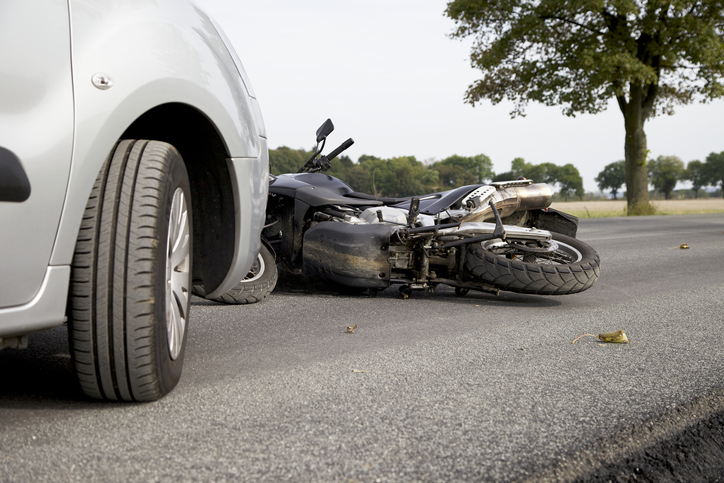
Differences Between Motorcycle vs. Car Accidents in Utah
Riding a motorcycle or driving a car in Utah comes with a certain amount of risk. But these risks differ in many ways, and it’s important to weigh those differences before getting behind the wheel.
It doesn’t take much research to learn that motorcycles are inherently more dangerous than cars. So if you’re thinking about buying a motorcycle, check out our guide to compare motorcycle vs. car accidents based on frequency, causes, injuries, and prevention tips.
1. Frequency
There were more than 62,000 motor vehicle crashes in Utah in 2016. But how often do motorcycle riders crash? According to the Utah Department of Transportation, 11,460 motorcycle crashes occurred from 2005 to 2014. The report also showed that motorcycle deaths vs. car deaths are vastly out of balance. Motorcycle accidents are over-represented in fatal crashes and injury crashes—making up 13% of fatal crashes and 5.7% of personal injury crashes, but only 2.1% of total crashes.
Even more alarming is the fact that motorcyclist deaths in Utah rose by 24% in 2019, from 38 to 47. This was the highest increase in the history of the state, and the department voiced concern about having the same number of deaths in 2020.
2. Causes
Car and motorcycle accidents happen for different reasons. Here are the most common causes of car accidents as of 2019:
- Distracted driving (using smartphones, applying makeup, etc.)
- Drunk driving
- Not following speed limits
- Reckless driving (speeding, changing lanes haphazardly, aggressive driving)
- Bad weather
- Running a red light
- Night driving
In contrast, most motorcycle accidents, 42%, occur when cars are making left-hand turns. Other factors include alcohol use, speeding, or running into a fixed object. Many accidents are also caused by distracted drivers colliding with motorcyclists.
3. Injuries
Both car accidents and motorcycle accidents can be incredibly dangerous or even fatal. Here are the most common car accident injuries:
- Whiplash
- Concussion
- Fractured bones
- Muscle, ligament, tendon, or nerve injuries
- Emotional trauma (depression, anxiety, etc)
Some of the most common motorcycle injuries include:
- Muscle injuries
- Biker’s arm (muscle or tendon injuries in the arm)
- Sprains or breaks in the foot or leg
- Head injuries
- Face and jaw injuries
- Spinal injury
- Emotional trauma (PTSD, depression, etc)
4. Prevention
Both drivers and motorcyclists can prevent accidents by following a few key tips. Above all else, drivers and motorcyclists must be alert and focused at all times. Both parties should avoid texting or talking on the phone while on the road, and use caution when changing lanes, turning, or approaching an intersection.
Other safety tips for preventing motorcycle accidents include:
- Wear a DOT-approved helmet.
- Get maintenance done on your motorcycle.
- Wear reflective, bright clothing.
- Avoid road rash with a leather suit.
- Wear boots and eye protection.
Have You Been in a Car or Motorcycle Accident That Wasn’t Your Fault?
Both motorcycle and car accidents can be costly and even deadly. If you’ve been in a car or motorcycle accident that wasn’t your fault, contact us at Ipson Law Firm. Our experienced team is eager to help you get compensation for your injuries and assist you as you go through the daunting legal process. Get in touch with Ipson Law Firm today.

Michael is an attorney who started Ipson Law because of his passion for personal injury law. He graduated with a Juris Doctorate degree from McGeorge School of Law in Sacramento, CA. Learn more about Michael on our about us page, and contact Ipson Law to find out how we can help you.

